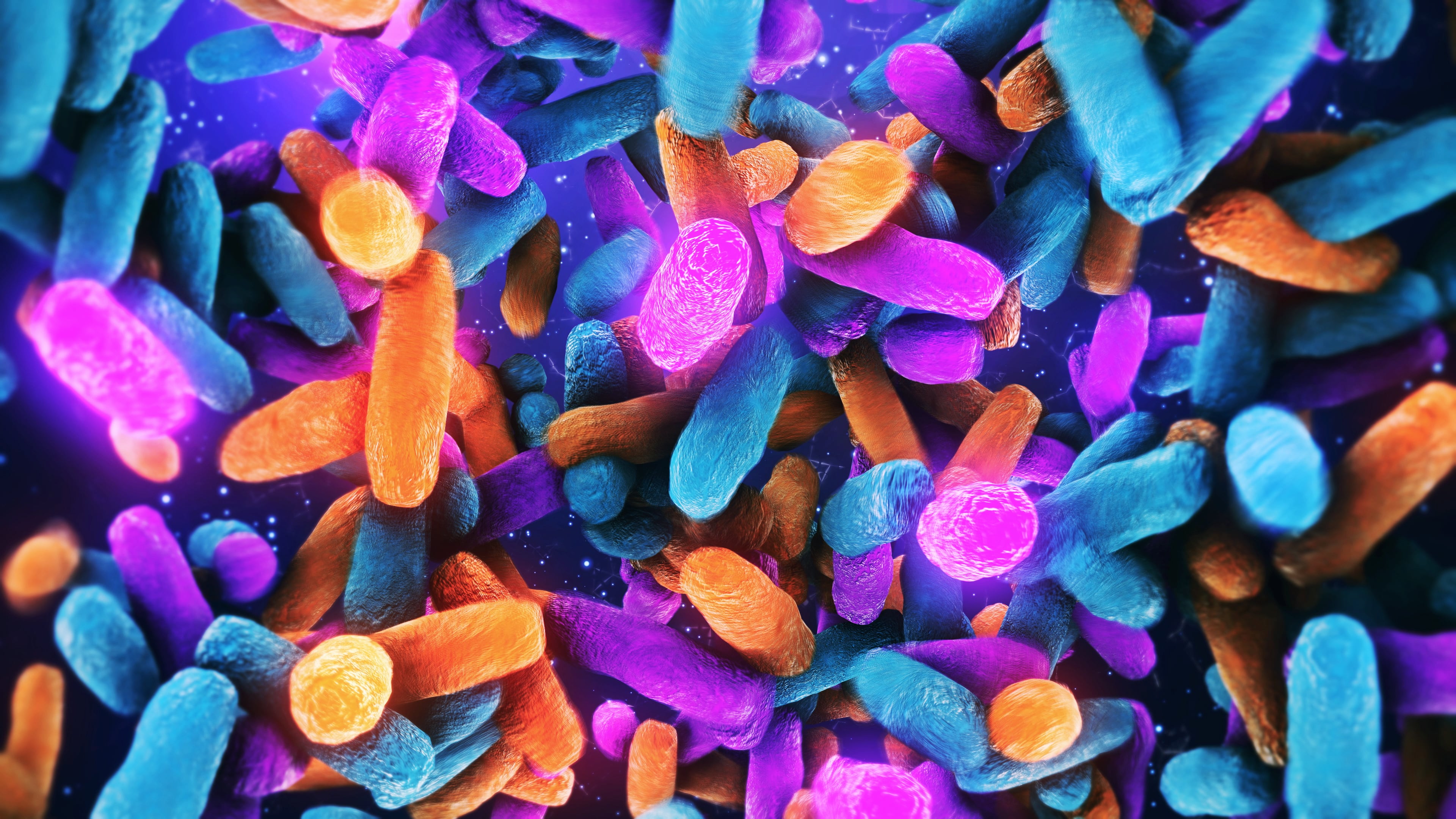Data published in the European Journal of Nutrition indicated that butyrate led to lower markers of a leaky intestine in post-menopausal women. The supplement was also associated with handgrip strength and physical performance.
“Butyrate protects skeletal muscle through two primary mechanisms,” wrote researchers from the University of Sharjah in the UAE. “First, by strengthening the gut barrier and reducing systemic inflammation and bacterial leakage, butyrate creates a more favorable internal environment for optimal skeletal muscle function. Second, it directly benefits muscle tissue by boosting mitochondrial energy production, stimulating muscle regeneration, inhibiting muscle breakdown, enhancing insulin sensitivity and improving aerobic capacity through reduced oxidative stress. These combined effects contribute to increased muscle mass, strength, and endurance.”
Age-related muscle loss
Muscle loss is a natural part of aging, and researchers have estimated that after the age of 50 people lose 1% to 2% of our muscle each year. Strength declines as well, at a rate of 1.5% per year beginning at age 50 and accelerating to 3% after the age of 60.
According to a monograph from the U.S. Dairy Export Council, the direct health care costs attributable to sarcopenia were estimated to be $18.5 billion in 2000 in the United States, a number that represented about 1.5% of health care expenditures for that year.
The prevalence of sarcopenia is higher for post-menopausal women compared to similarly aged men and younger women. This has been linked to declining estrogen levels. A leaky gut may also contribute to the pathogenesis of sarcopenia. Leaky gut is as it sounds: An undesirable situation when toxic bacterial components and pro-inflammatory compounds pass from the gut lumen into the blood.
“This leakage triggers a chronic low-grade systemic inflammatory response, increasing protein breakdown and impairing protein synthesis in skeletal muscle,” the UAE-based scientists explained. “Additionally, an increased intestinal permeability disrupts nutrient absorption, further contributing to muscle loss. The residual microbiota of the intestines also plays a role in this process. An altered gut microbiota composition with a predominance of harmful bacteria amplifies the adverse effects on skeletal muscle by exacerbating intestinal permeability and inflammation.”
To explore if butyrate, a short chain fatty acid, can produce anti-sarcopenic benefits, the researchers recruited 146 post-menopausal women and a further 75 pre-menopausal women to act as controls. The post-menopausal women were randomly divided into two groups: One group received a placebo and the other received a daily sodium butyrate supplement (570 mg per day, providing a butyrate dose of 174 mg).
Study findings
The data indicated that, compared to pre-menopausal women, post-menopausal women had higher levels of leaky gut, according to a measure of the biomarker called zonulin. They also had higher levels of lipopolysaccharide-binding protein (LBP), which is a marker of sepsis. Post-menopausal women also had lower handgrip strength, gait speed, and physical performance levels, compared to the younger women.
However, butyrate supplementation was found to reduce zonulin and LBP levels in post-menopausal women, while handgrip strength and physical performance scores also increased.
“Butyrate also modestly improved respiratory muscle strength and reduced systemic inflammation and oxidative stress in post-menopausal women,” the researchers wrote.
“Collectively, our findings demonstrate the muscle-protective effects of butyrate through intestinal mucosal repair. Furthermore, butyrate was shown to enhance physical performance in postmenopausal women. Future research is warranted to elucidate the underlying mechanisms of action and long-term effects of butyrate on skeletal muscle health and physical function in postmenopausal women.”
Source: European Journal of Nutrition, 64, 141, doi: 10.1007/s00394-025-03656-3, “Butyrate improves handgrip strength and physical performance by reducing intestinal leak in post-menopausal women, a randomized controlled trial” Authors: R. Qaisar, et al.




